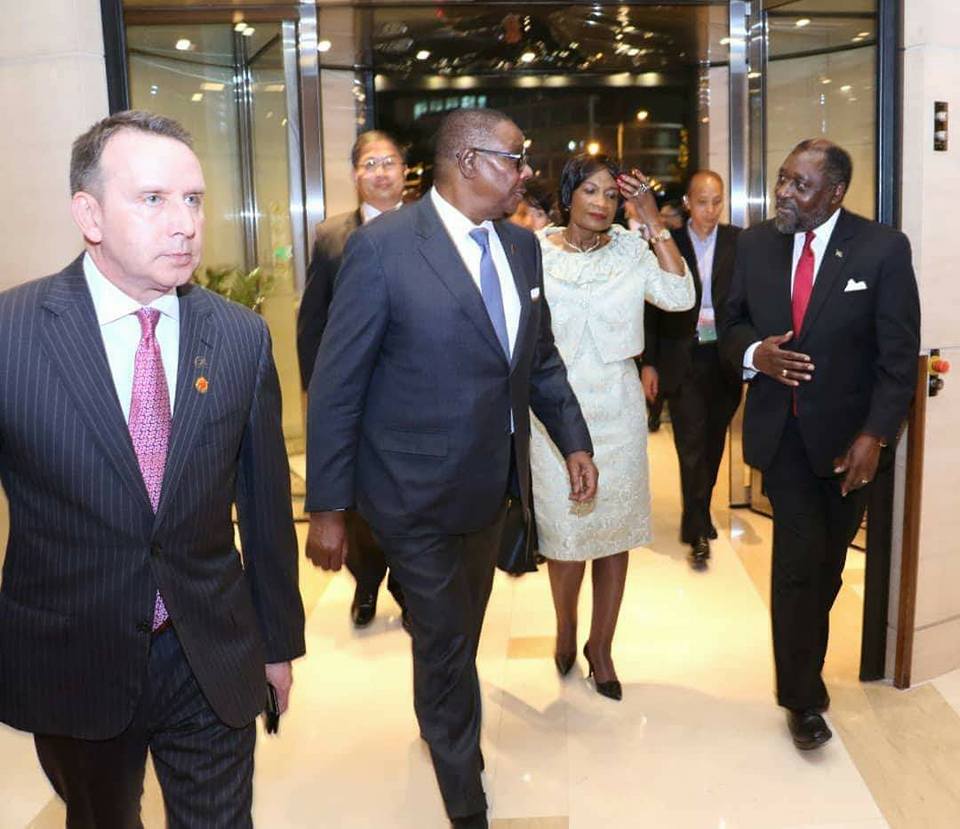Malawi’s celebration of 50 years of independence is a chance to assess what lies ahead, and schooling is key its to success
Malawi celebrates 50 years of independence from Britain this week, and though the country has made great strides after emerging from decades of authoritarian rule and underdevelopment, it still faces many challenges.
Although GDP rose from 2% in 2012 to 5% last year, donors fund up to40% of Malawi’s annual budget – the UK being the largest contributor. The UK is also a key sponsor of crucial programmes in social development, health, education and agriculture.
As much as independence day should be seen as a time to celebrate Malawi’s achievements, it should also be taken as an opportunity to analyse its challenges and assess how they can be overcome.
Malawi remains one of the least developed nations in the world. According to the UN children’s fund, Unicef, 61% of the population live below the poverty line of less than $1.25 (£0.73) a day. Locally, there is a general realisation and acceptance that the country has failed to improve living standards compared with neighbouring countries of the same size, such as Zambia, which has graduated from a low-income country to a middle-income one.
As many studies and research papers over the years have pointed out,education is key to developing any country. The main way it can help people, women especially, to escape poverty is by raising their incomes. Education allows women in paid employment to earn higher wages, and offers better livelihoods for those who work in rural areas.
But it also offers broader benefits. According to the UN Educational, Scientific and Cultural Organisation (Unesco) (pdf), if all women in sub-Saharan Africa completed primary education, the maternal mortality rate would drop by 70%, from 500 to 150 deaths per 100,000 births. Women with higher levels of education are also less likely to get married or have a child at an early age. At current levels, half of girls in Malawi will be married by 18.
For its part, the government recognises the importance of education. In the 2012-13 fiscal year, 24% of the budget was allocated to education – 60% of which was spent on primary education – according to figures from the education ministry.
Since the government introduced free primary education 20 years ago,enrolment rates at schools have been steadily rising. Despite this, though, the education ministry admits the millennium development goal of achieving universal primary education by 2015 will not be met.
Also, many schools are ill-equipped to cope with the number of students they have. In some schools, class sizes reach well beyond 100 children – the global recommendation is 40. The number of qualified teachers is dwindling, and a vast number of new classrooms are needed.
Education has received a greater proportion of state funding over the years, but it seems a lack of resources persists and is hampering efforts by the ministry to raise education standards. There is also the issue of the government financial scandal at the end of last year that led to a freezing of UK aid, and which could further harm the education sector if Britain does not resume funding soon.
Every child has a right to education, and the Malawi government is mandated to ensure that right is upheld for all children in the country.
Government policy papers clearly show it is aware of this mandate. To encourage primary enrolment, the government asked the World Food Programme in 1999 to roll out a school feeding programme (pdf). It initially targeted 23,000 pupils in 24 schools in Dedza district, in Malawi’s Central Region. Following a successful review, it was expanded in 2000 to include a further 31,500 children in 58 schools in Ntcheu and Salima districts.
NGOs, among them Mary’s Meals, Millennium Villages and Land O’Lakes, have also rolled out school feeding programmes. As of 2009, the programme was running in 17% of primary schools, feeding 30% of all primary schoolchildren.
The government has its own feeding programmes within the ministry of education, through a department of school health and nutrition initiative.
The success of the feeding programme indicates that to achieve universal education for all, Malawi must look beyond education alone in forming policy. It must also look at social welfare services and food security policies at the household level. These initiatives will reduce the strain on the education sector, by reducing the amount spent on feeding children.
Its resources could instead be channeled into areas such as infrastructure development and buying learning materials. This would not only ensure learners stay in school, but would also improve education standards. These are issues the country must take into account as it takes stock of the past 50 years.




